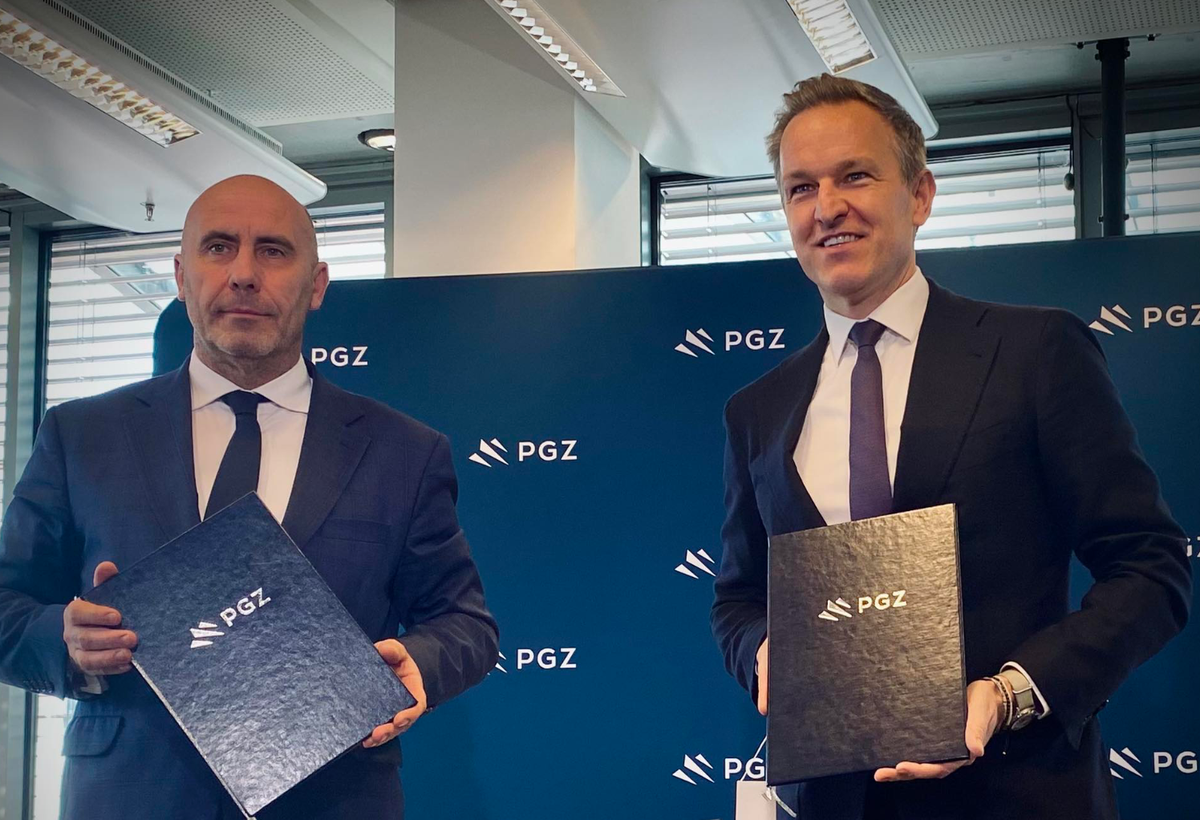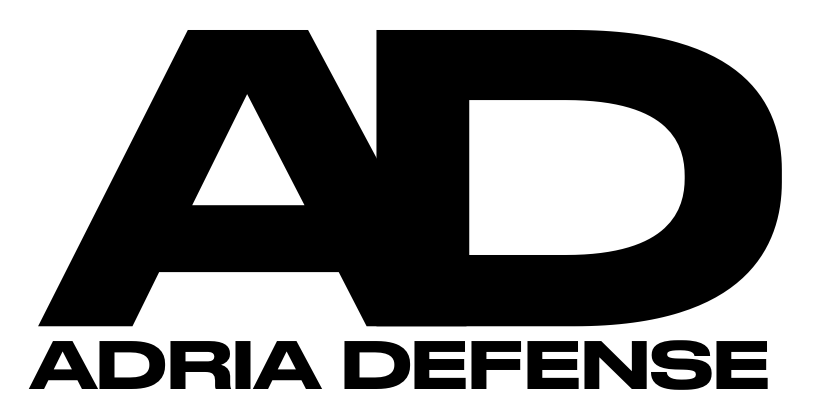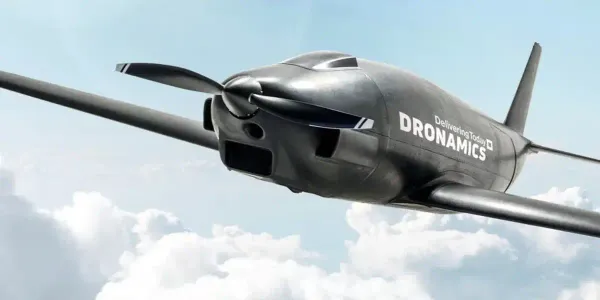PGZ and Anduril partner on autonomous air systems for Poland — a local Barracuda program that changes the calculus
Polska Grupa Zbrojeniowa (PGZ) and U.S. defence tech firm Anduril have signed a memorandum of understanding to co-develop and manufacture a Polish variant of the Barracuda-500M and other autonomous air systems.

Poland’s defence industrial strategy just got a major, fast-moving piece. On 27 October, state-owned Polska Grupa Zbrojeniowa (PGZ) and California-based Anduril Industries signed a memorandum of understanding to jointly develop and produce autonomous air systems for the Polish Armed Forces — including a localized, Polish-made variant of Anduril’s Barracuda-500M family. The agreement explicitly calls for integrating sovereign Polish suppliers from across the PGZ group into production and technology transfer chains.
Why it matters: the Barracuda program is designed around “mass, affordable, and producible” long-range mission systems — effectively closing the gap between expensive, slow-to-build cruise missiles and the proliferating market for low-cost, long-range loitering munitions. Anduril’s public specs for the Barracuda-500M tout a >500 nautical-mile range (roughly 926+ km), a payload above ~45 kg (100+ lbs), the ability to sustain more than two hours of flight, and robust maneuverability up to 5 g — while being designed for hyper-scale production.
Cost and production tempo are the headline. Industry reporting and program briefs peg the Barracuda family as markedly cheaper and faster to produce than legacy cruise missiles — Anduril claims substantially reduced assembly time, fewer tools and fewer parts — and independent reporting has suggested unit-cost targets in the low-to-mid six-figures (figures cited in open reporting include ~$150k–$216k depending on variant and contract). That price point, if realized at scale, changes operational and procurement choices: massed effects become affordable.
Poland is not experimenting in isolation. Taiwan moved first on a production tie-up with Anduril earlier this year, showing how partners can pursue technology transfer and local manufacture to speed up regional deterrence. Warsaw’s deal follows a broader string of recent Polish industrial pacts intended to anchor munitions and advanced systems onshore — part of a wider push to reduce dependence on distant suppliers in a high-drain security environment.
What the MoU actually covers:
- Joint R&D and co-production of a Polish variant of the Barracuda-500M and related autonomous air systems.
- Integration of PGZ’s supplier base to localize production and maximize sovereign content.
- Technology transfer, training and establishing Polish production lines and supply chains.
Operational and industrial implications — the blunt take
- Scaleable standoff effects: If Poland can produce Barracuda-class systems domestically at a low unit cost, Warsaw gains the option to field larger salvos of stand-off munitions — a deterrent and wartime attrition capability that NATO’s eastern flank sorely needs.
- Industrial lift for Polish suppliers: PGZ plans to fold sovereign suppliers into the program. That means work for Polish component makers, engines/avionics subcontractors, warhead and integration houses, and system-of-systems integrators. Expect job creation and capability upgrades in manufacturing and software/AI integration.
- AI and autonomy pushed into the mainstream: Barracuda systems are meant to work inside Anduril’s broader Lattice autonomy stack — the MoU effectively accelerates Polish exposure to operational AI, autonomy testing and doctrine development. That’s both an industrial opportunity and an operational learning curve.
- Export and political contours: Local production eases sustainment and may open export paths, but it also raises questions about export controls, liability, and allied interoperability. Warsaw will need clear rules and allied coordination to avoid regulatory friction.
- A ‘cheap mass’ strategy ripple: Low unit price encourages quantity-over-quality tactics in theatre — that’s useful strategy against large adversaries, but it requires logistics, storage, and command doctrine changes to use safely and effectively.





